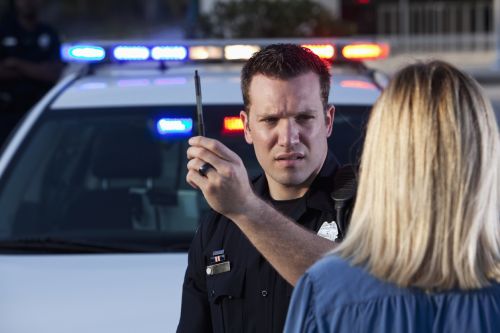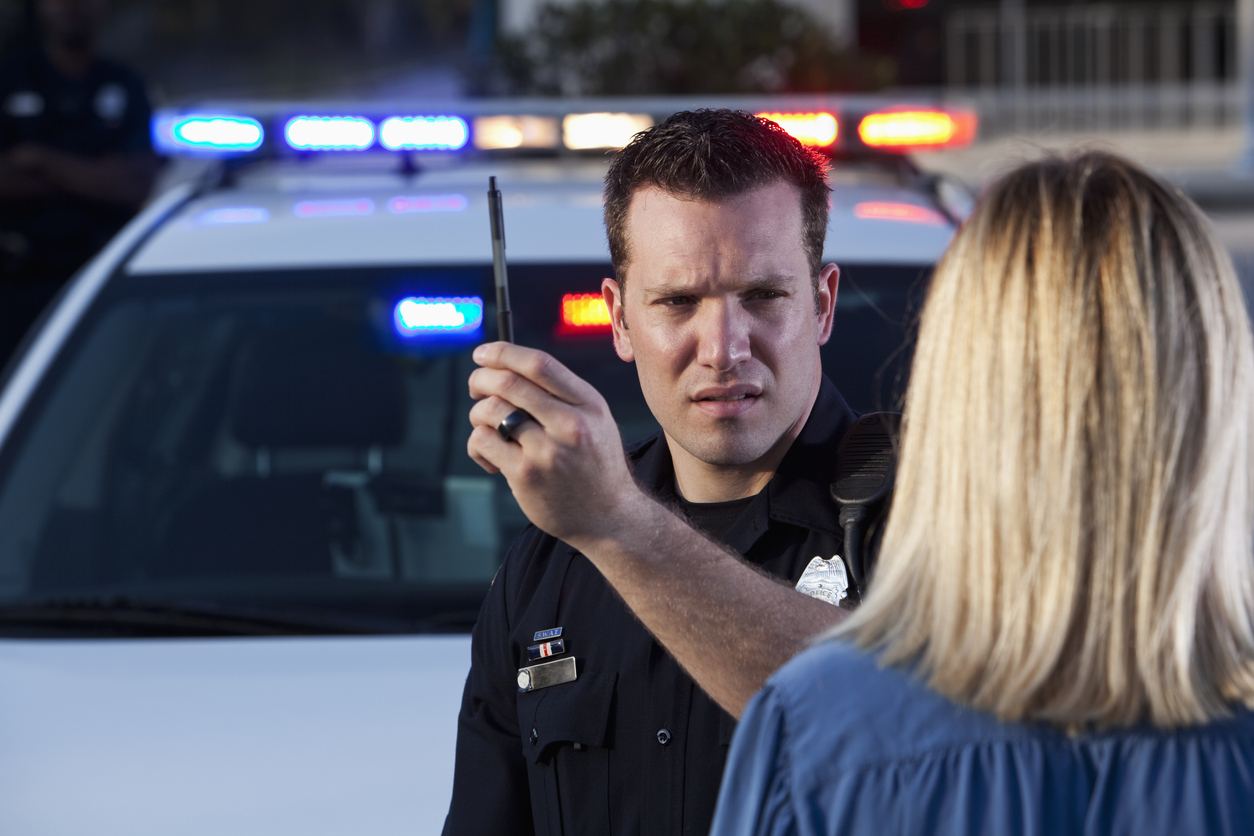Field Sobriety Tests: What You Should Know

If you are pulled over on suspicion of drunk driving, the officer might ask you to take a field sobriety test. They usually take place on the side of the road after you have been stopped to help law enforcement make a determination as to whether you are impaired. However, it’s important to understand that these tests are not always accurate — and there is no legal obligation to submit to one under Washington law.
What are Field Sobriety Tests?
Field sobriety tests are used by law enforcement to determine whether a person has been driving under the influence of alcohol. During these roadside tests, the officer will evaluate your balance, coordination, behavior, ability to follow rules, and your physical responses. They will use their observations to determine whether they have probable cause to justify an arrest and subsequent breath or chemical test.
Notably, the term “field sobriety tests'' is a misnomer. According to the most recent research, even the state-of-the-art field sobriety tests that are currently approved by the Federal Government do not measure impairment of the ability to safely drive a car. Rather, they measure agility and the ability to do certain physical feats under extreme pressure. Calling them “roadside agility tests” is more accurate — but most people refer to them as field sobriety tests.
Types of Field Sobriety Tests
There are only three types of field sobriety tests that are approved by the National Highway Traffic Safety Administration (NHTSA): the Horizontal Gaze Nystagmus (HGN), the “One-Leg Stand” and the “Walk and Turn” tests. These are the ONLY tests the federal government has determined are “empirically related” to blood alcohol levels. In order to be valid, the NHTSA approved tests must be administered and graded precisely according to NHTSA rules for each and every DUI suspect.
The approved NHTSA field sobriety tests are as follows:
- Horizontal Nystagmus Test (HGN) — The HGN test is a field sobriety test that checks your eyes for involuntary jerking to gauge whether you are under the influence of alcohol. While conducting this test, the officer will move a pen or their finger from side to side and ask you to follow it. An observation of nystagmus may, along with other observations (slurred speech, for instance) provide probable cause for a DUI arrest. While the vast majority of Washington courts have ruled that this test is not reliable enough to be used as courtroom forensic evidence that a driver was intoxicated, many police officers think it is the most accurate field sobriety test.
- One Leg Stand — During the one-leg stand test, an officer will ask you to balance on one leg for approximately 30 seconds. The officer will look at certain clues to determine intoxication, including swaying, hopping, using your arms to balance, and putting your foot down. According to NHTSA, if an individual is unable to finish the test, the probability of correctly identifying them with a blood alcohol concentration of .08% or higher is 65%. This means that under ideal conditions, the test fails 35 out of 100 people whose blood alcohol concentration is not over the legal limit.
- Walk and Turn Test — The walk and turn test is performed by taking nine steps, heel-to-toe in a straight line. Upon completion of the ninth step, you must turn on one foot and walk heel-to-toe in the opposite direction. The officer will observe whether you cannot balance, start too soon, stop while walking, step off the line, use your arms to balance, or take the wrong number of steps to determine intoxication. If an individual is unable to complete the heel to toe test, the probability of correctly classifying them as having a .08% BAC or more is 68%. This means that 32 of every 100 people who fail this test are, by NHTSA logic, “legally sober.”
The above tests are the only ones which have been determined to be empirically related to blood alcohol content by the federal government. However, an officer may administer other field sobriety tests such as the coin pickup test or the hand pat test. An officer might also ask you to do the “finger to nose” test, recite tongue twisters, say partial ABCs — or ask a trick question.
Reasons for Failed Field Sobriety Tests
There are many reasons for a failed field sobriety test apart from intoxication. Certain health conditions and medications can cause balance problems that may impact the results of a field sobriety test. For instance, conditions such as vertigo can impact your ability to walk in a straight line without swaying. Ear infections, fatigue, low blood pressure, arthritis, eye muscle imbalance, and foot problems can also affect how you walk, stand, and balance.
In addition, you might fail a field sobriety test if you did not understand the instructions, or the officer did not administer the test correctly. Environmental conditions, lighting, the surface of the roadway, and your footwear can also play a role in whether you pass or fail a field sobriety test. Critically, there are numerous variables — and no roadside field sobriety test is completely accurate in predicting a person’s level of intoxication.
Can You Refuse a Field Sobriety Test?
In contrast with blood and breath testing, you are not legally required to submit to a field sobriety test. While there may be a variety of reasons why you might refuse to take a field sobriety test, a refusal might make an officer more suspicious. Additionally, if you refuse to take a field sobriety test, it’s essential to be aware that your refusal can be used against you in court — the prosecution will try to argue that you refused the test because you knew you were impaired by alcohol and would not pass.
In the event you refuse the field sobriety test, the officer will have to make the decision to arrest you based on any other evidence of intoxication, such as the smell of alcohol on your breath. In such cases, an arrest might have been avoided if you had taken the field sobriety tests and passed them. Nevertheless, the decision whether to take the test can be a difficult one to make as anything less than a perfect performance would likely result in an arrest regardless.
Contact an Experienced Washington DUI Attorney
If you have taken a field sobriety test and failed — or you refused the test — it’s vital to have a skillful DUI attorney by your side who can fight the charges brought against you. Providing capable counsel and aggressive advocacy, the Fox Law Firm PLLC has been successfully representing clients throughout Washington in DUI cases since 1985. Contact Jon Fox for a complimentary consultation by calling (425) 584-6679.

